
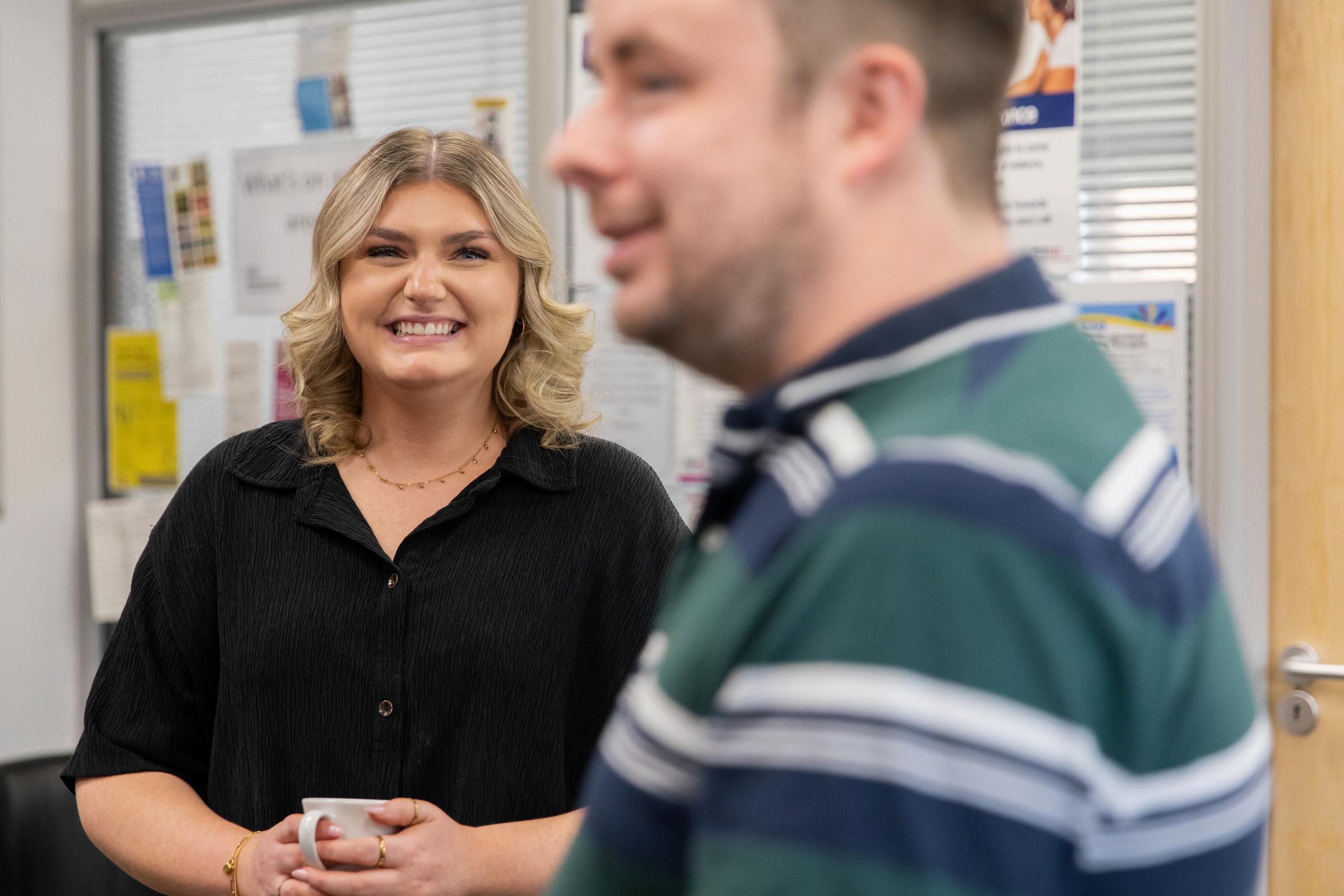



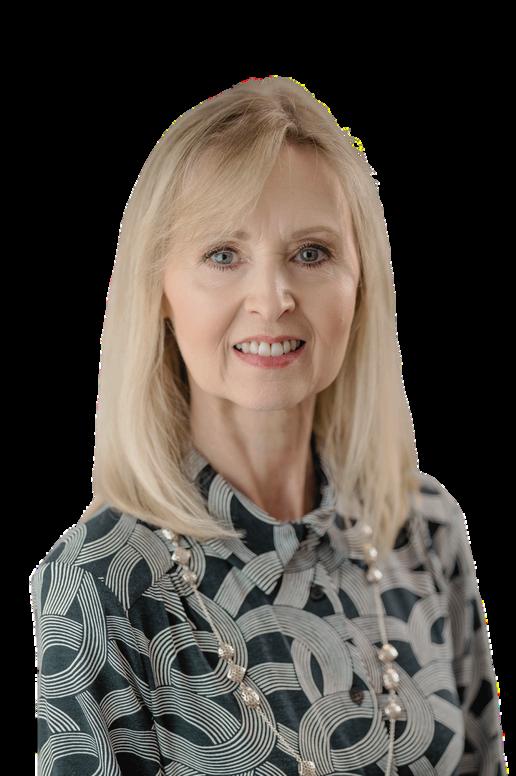
I am delighted to present our 2023/24 impact report, which shows all we have accomplished this year in line with our purpose, to provide innovative, life-changing mental health support for individuals and communities.
It has been a year full of fantastic achievements, including the launch of seven new support services, a silver accreditation from Investors in People, and the announcement of a number of new partnerships.
A personal highlight for me was hosting our first national conference since the pandemic. The event brought together colleagues from every corner of the country to reflect on our achievements, celebrate successes, and share ideas as we look to the future. One of the true highlights was the range of speakers who took to the stage and a special awards ceremony, recognising colleagues who have gone above and beyond and lived our values in action.
I would like to thank everyone who has made what we have achieved this year possible, including our supporters, volunteers and our dedicated teams across the country.
Jane Hughes, Chief Executive Officer
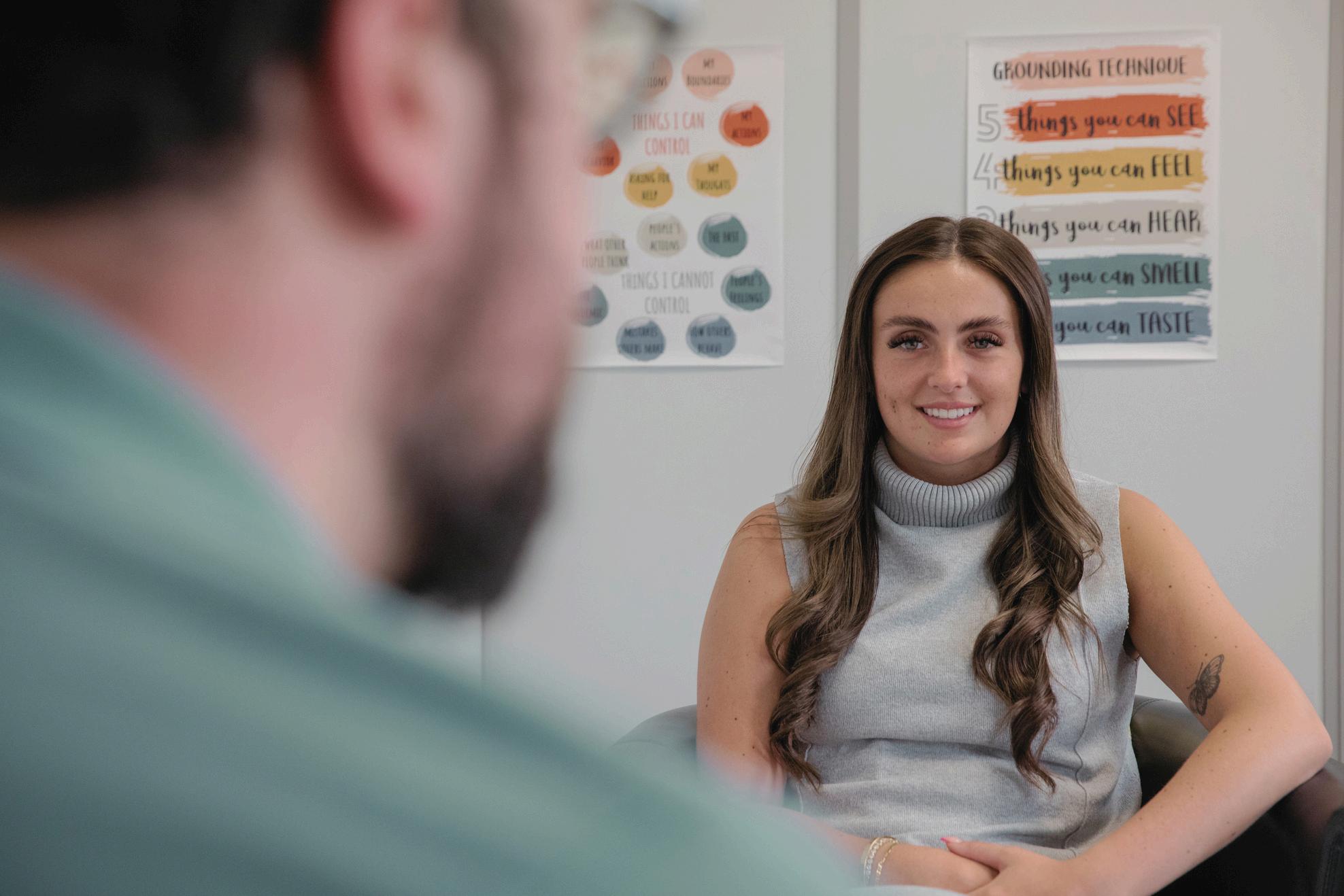
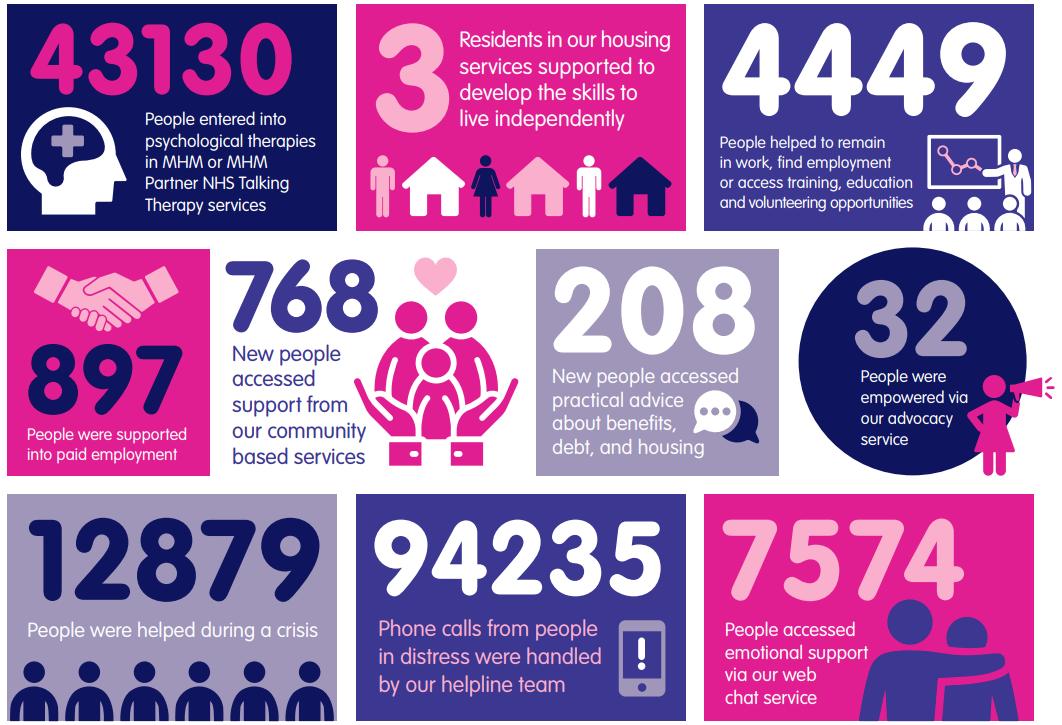

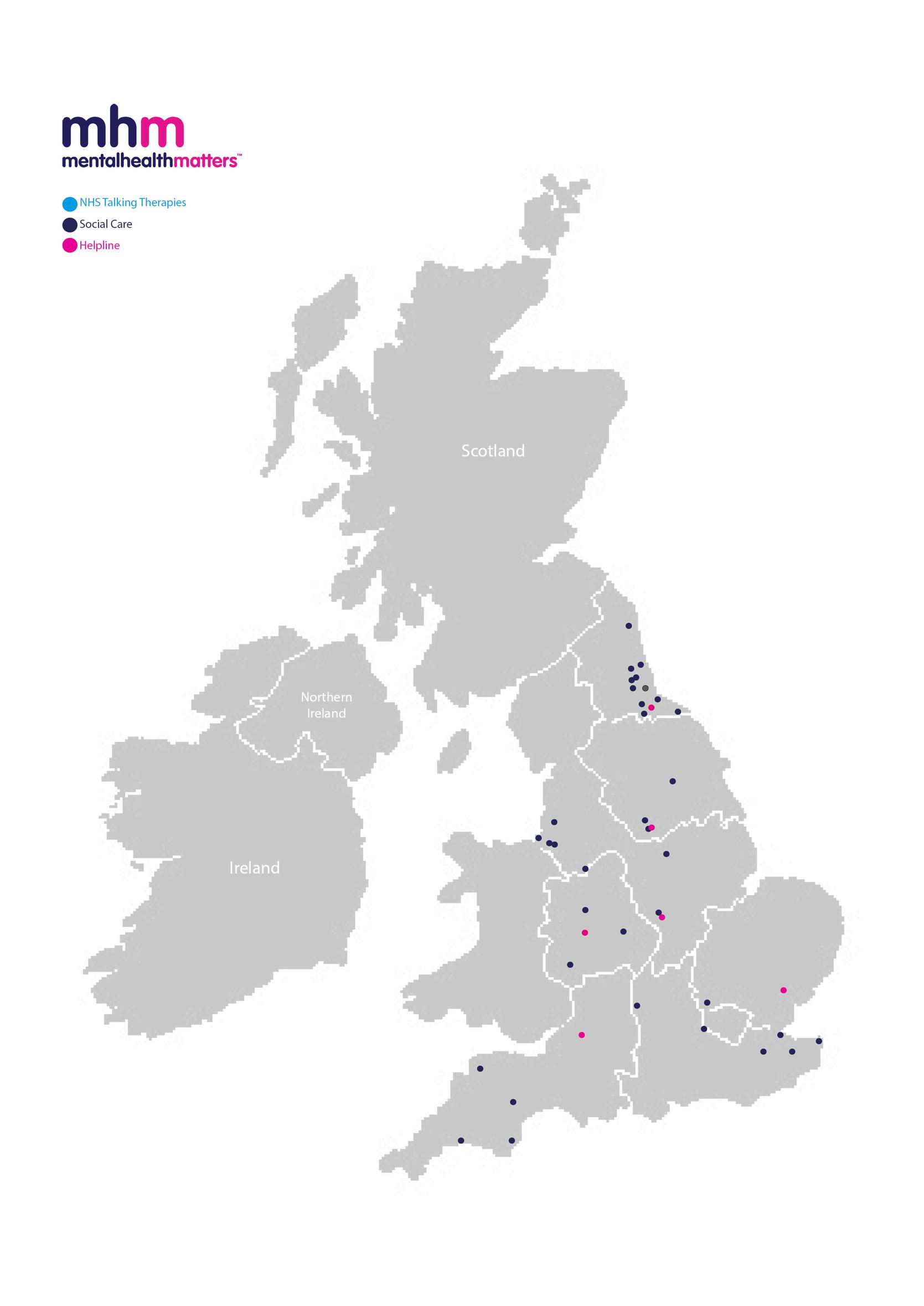
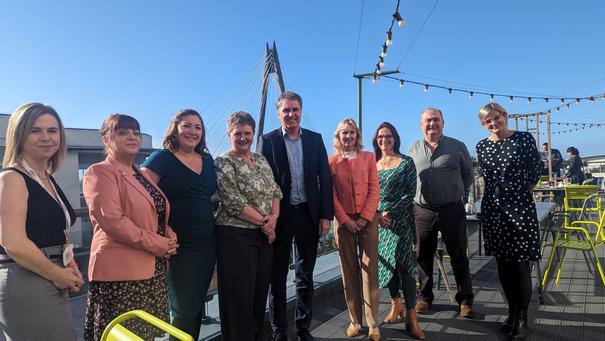
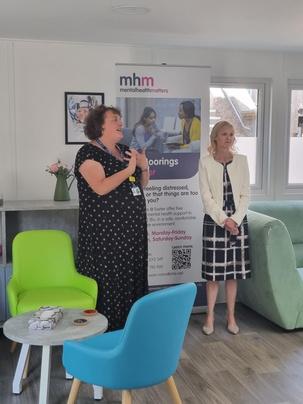
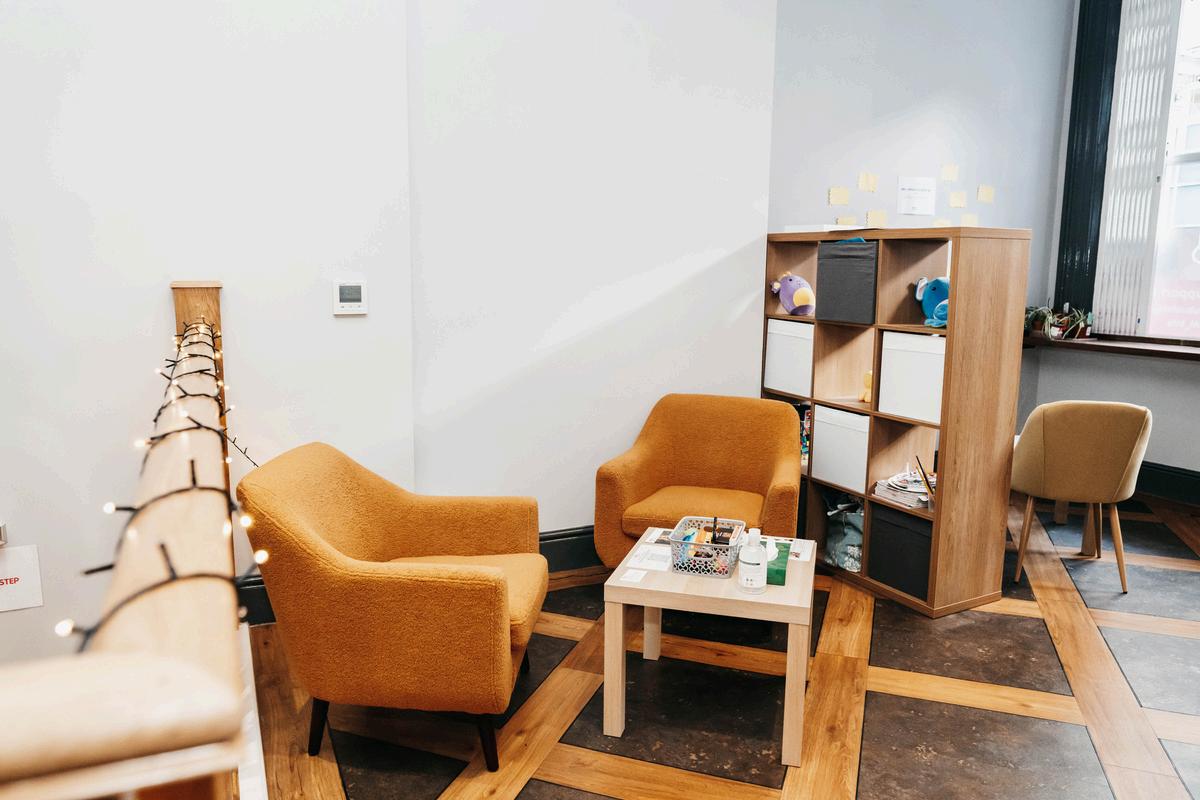
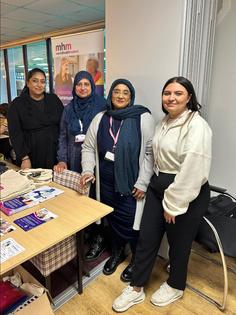
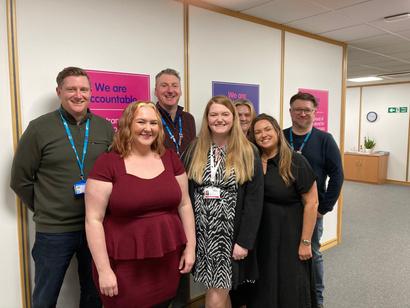
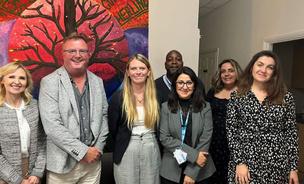
Our crisis services offer emotional, social, and practical mental health support to individuals in or near crisis, in a supportive and non-clinical environment. Our crisis services offer mental health support in a welcoming, comfortable, non-judgemental and non-clinical environment.
Our experienced staff teams continued to provide emotional, social and practical support to people in crisis or heading towards a crisis.
In July, our Devon Moorings site in Exeter moved to co-locate at Wonford House Hospital. In collaboration with Devon Partnership NHS Trust, we celebrated the opening of this new facility with a fantastic event that brought together partners from across the system. Following the success of this event, the team was delighted to welcome Sarah-Jane Marsh, National Director of Integrated Urgent and Emergency Care, to visit the service.
In East Berkshire, our Safe Haven service expanded to offer support to the community seven days a week.
The team also had the privilege of welcoming Sean Duggan, Chief Executive of the NHS Confederation’s Mental Health Network to learn more about how the team work in partnership with Frimley ICS and Berkshire Healthcare NHS Foundation Trust.
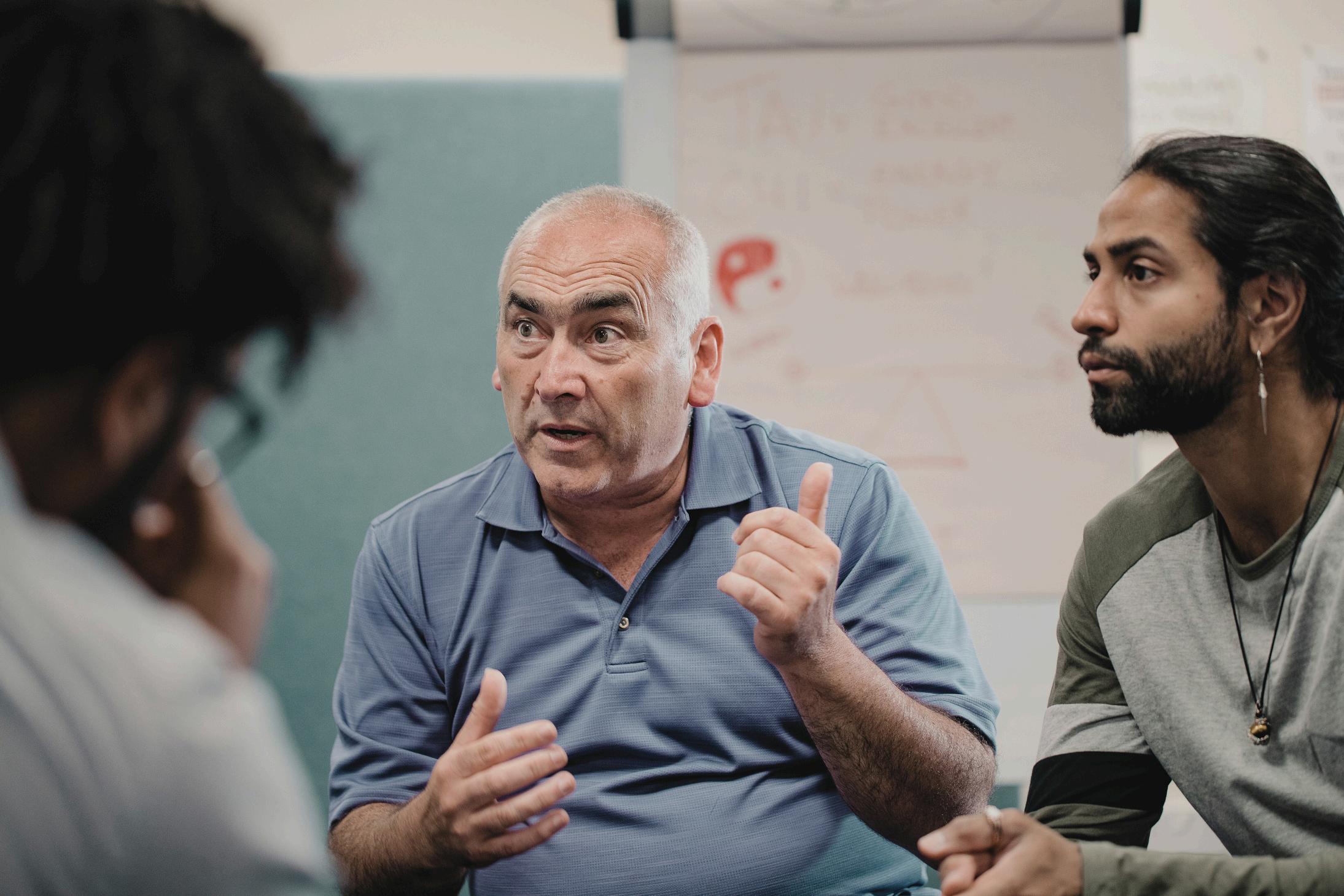
Ahmed was taken to A&E after he was found very anxious, panicky, and tearful in the local woods. Local police explained to him about the Safe Haven service as they were concerned about him leaving and being alone on the street.
When Ahmed arrived at the Safe Haven, he was very upset and shared that he was overwhelmed and struggling with depression. He explained that he was attempting to live outdoors as he couldn’t cope in the home he shared with his partner.
Ahmed said that he did not feel suicidal but needed support to look after himself.
A Crisis Recovery Worker listened to his experience and gave him emotional support, and this helped him to feel calmer and less tearful. The service contacted emergency housing who found him somewhere to sleep for the night. The team also charged his phone and arranged travel to ensure he arrived safely. He was provided with phone numbers for people to contact the following day to help him take steps towards finding suitable housing and accessing counselling services.
Our community services support anyone struggling with emotional and mental health problems, as well as their carers and loved ones, to move towards recovery.
New people accessed support from our community services
Our community-based teams continued to deliver person-centred support to help people to build confidence and integrate in their local communities.
In our North West Leicester, Hinckley & Bosworth Mental Health, Wellbeing and Recovery Service, the team introduced new community drop-in sessions to provide wrap-around support and has developed partnerships with other community organisations to ensure people have ongoing support after their time with the service.
In October, we opened our first Community Connectors service in Leicester, focused on the relationship between loneliness, isolation, and poor mental health. The launch event, held at Leicester City Football Club with support from Leicester City in the Community, brought together over 70 people representing the city's charity sector, social care, and NHS services!
Our range of service grew once more in November, with the opening of our Adult Autism Support Hub in Sheffield, providing information, advice and community connection to autistic people and their families and carers.

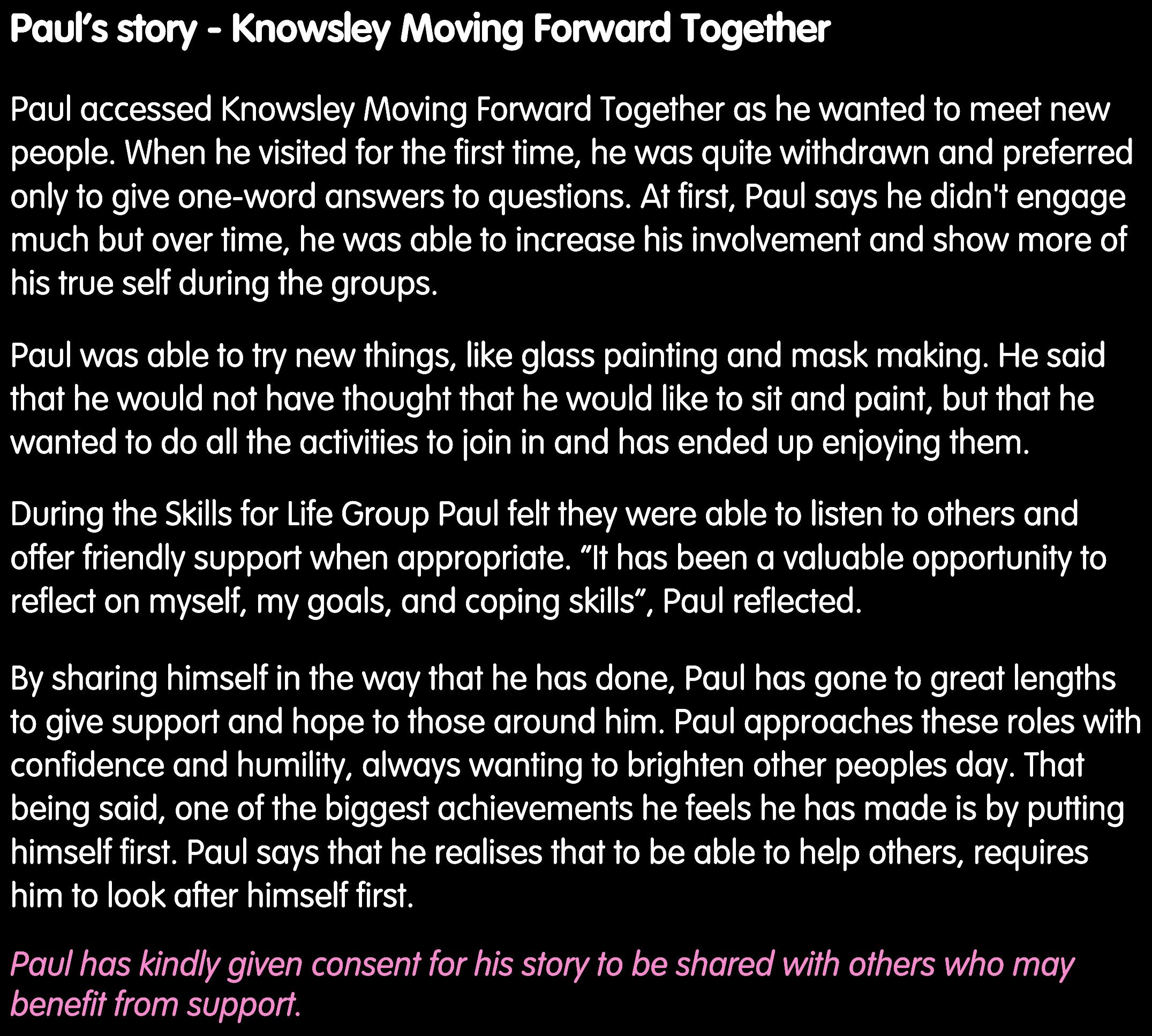
OurEmploymentAdvisorsprovideflexible,personalised supportfocusedonhelpingpeopletofind,stayinor returntowork.
People helped to remain in work, find employment, or access training, education & volunteering opportunities 4449
At the start of 2024, we proudly launched two new Employment Advisors in Talking Therapies services in Solihull and Durham & Darlington. These services offer their communities valuable support including access to training programmes and help to speak to employers about mental health issues.
Our existing services also celebrated achievements throughout the year. Our NHS Warrington Talking Therapies Employment Service marked its fifth anniversary in 2024, delivering over 10,000 appointments! In Hertfordshire, we were shortlisted by the Employment Related Services Association (ERSA) Awards, for the Digital Solution of The Year Award. This recognised the partnership between the service and Mid Essex Talking Therapies for the ground-breaking "Managing Employment and Emotional Wellbeing" webinar, designed to encourage people to access support.
Through these efforts, we continue to make a significant impact on the lives of those struggling with mental health challenges, fostering a path to employment and improved quality of life.
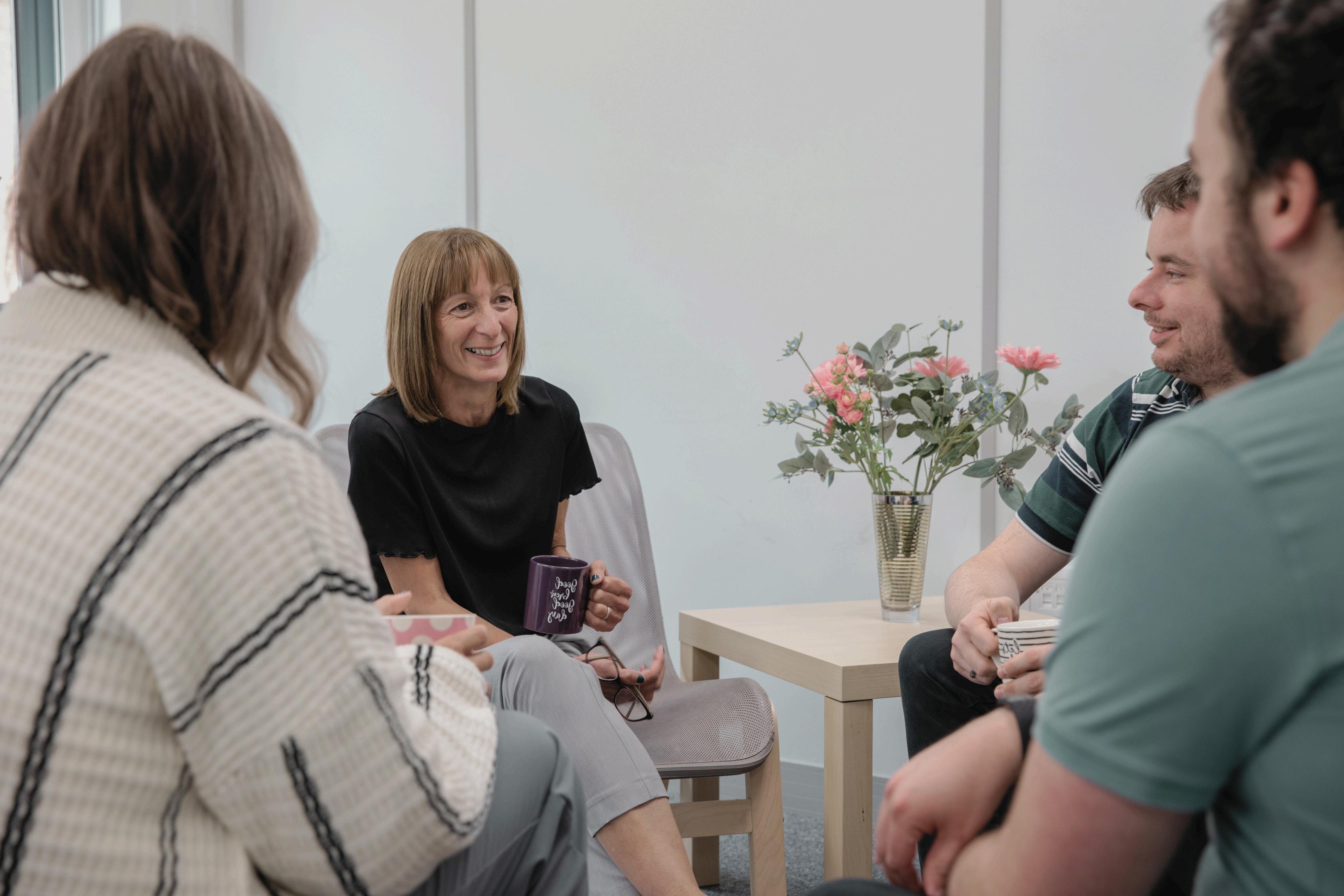
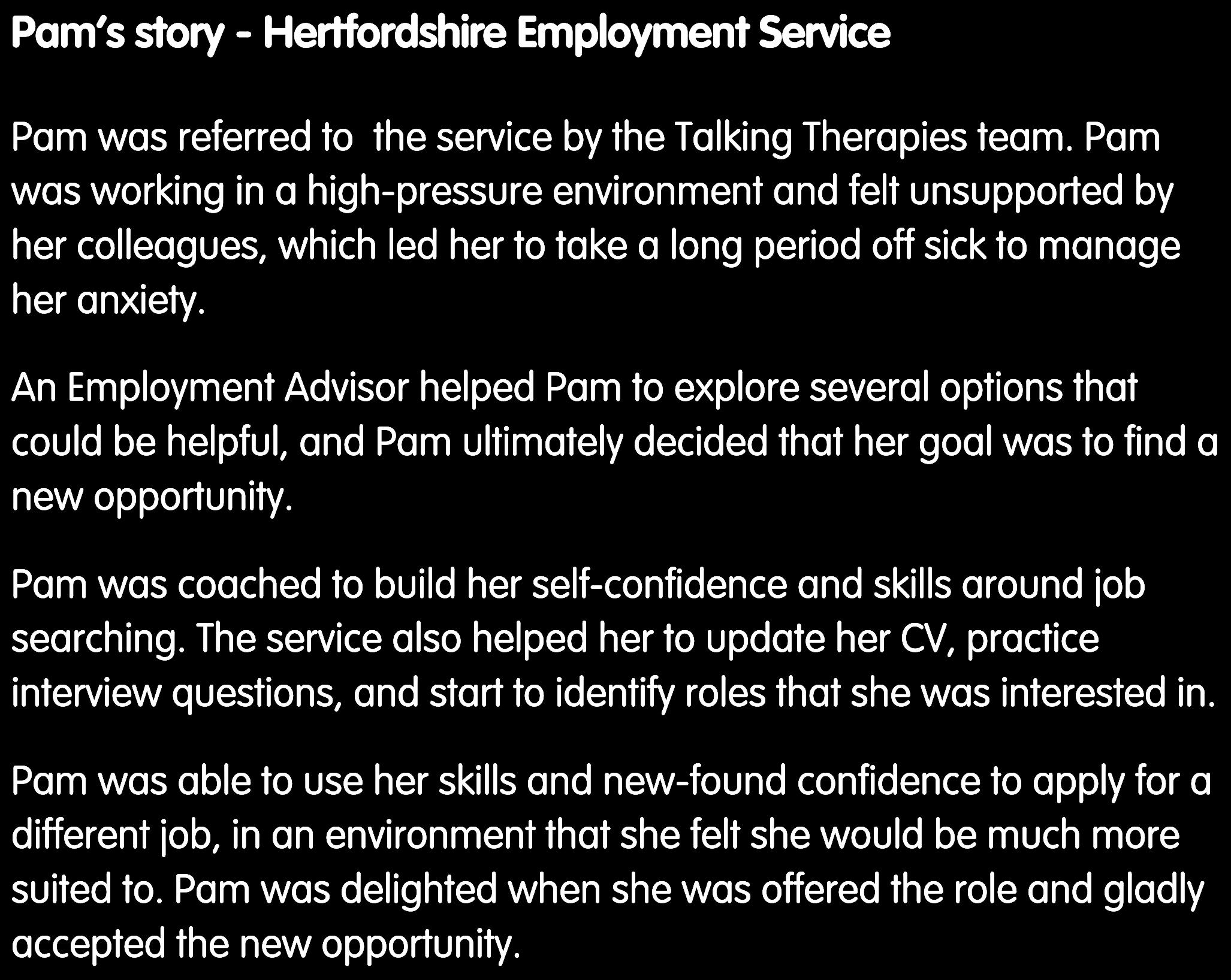
Our helpline continued to offer a confidential and nonjudgemental space for individuals to receive emotional support from our highly skilled and compassionate team.
Phone calls from people in distress handled by our helpline team
In April, we expanded our support for veterans through Op COURAGE, a specialised mental health service designed to help serving personnel transitioning out of the military, reservists, armed forces veterans and their families. Our helpline continued became the first point of contact for people across the Midlands, Essex, and South West, connecting them with local partners.
In the Midlands, the partnership was delighted to be a finalist in the 'Innovation and Improvement in Reducing Healthcare Inequalities' award category at the Health Service Journal (HSJ) Awards. The partnership was recognised for 'innovative and creative initiatives which aim to reduce healthcare inequalities at a national or local level'.
Through these collaborations, our helpline continues to make a significant impact, providing a listening ear and connecting people to broader support services.
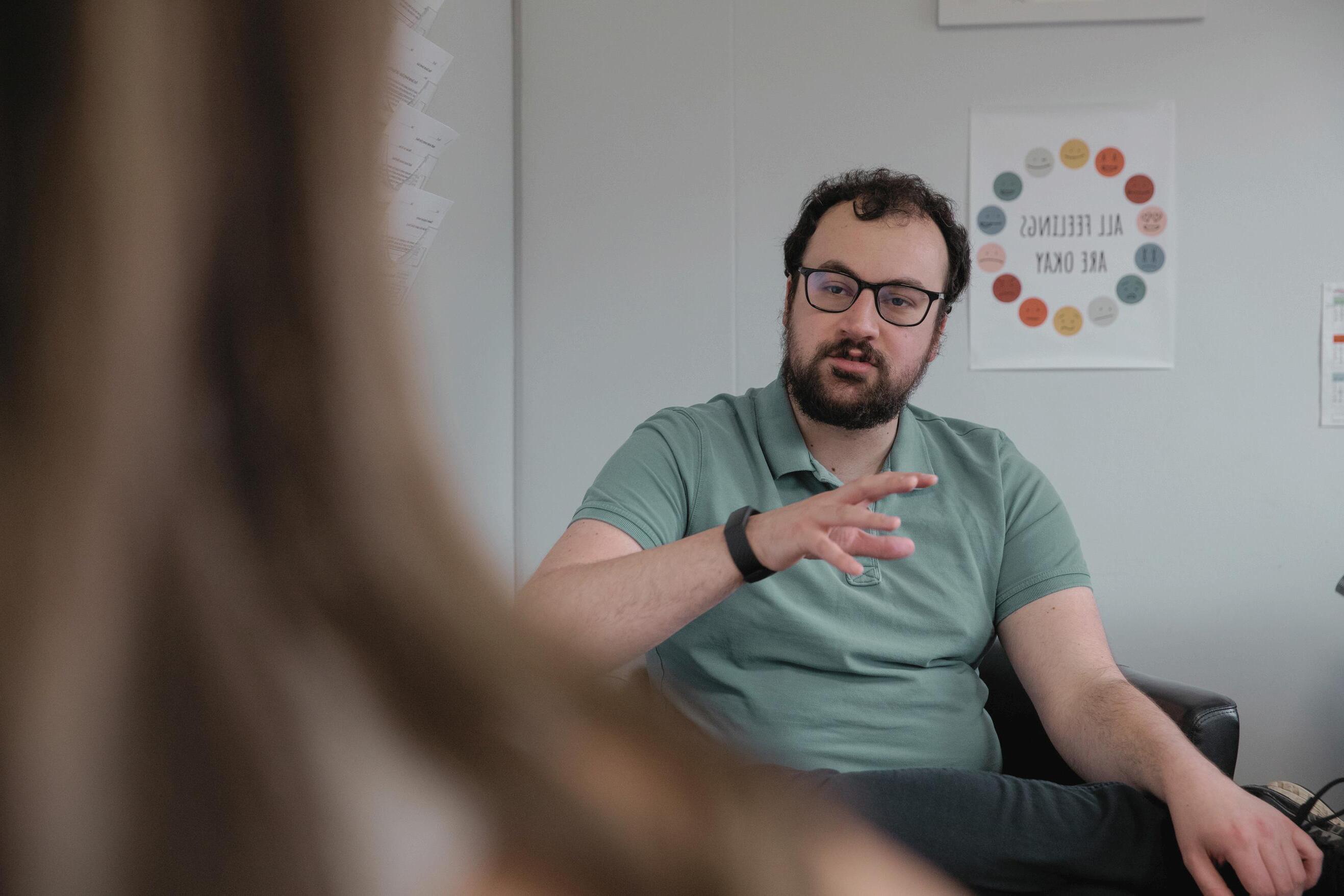
Jay called the helpline feeling overwhelmed with worry. He felt like everything had gone wrong with his partner and that he could not say anything to make it right with them. He had been trying to do his breathing exercises but they had not managed to calm him down.
The Support Worker reassured him that his partner may just need some space to think before working it out.
Jay sounded very anxious and went on to speak about hurting himself to control his anxiety, such as by punching a wall. The Support Worker discussed some distraction techniques and asked about the help he had outside of his friends and family.
Through conversation, Jay and the Support Worker started to explore a constructive plan about how to speak to his partner when they returned. Talking to the Support Worker helped him to feel more calm and focus on what he could control. By the end of the call, Jay shared that he felt more reassured, collected, and a lot less anxious.
Forty-five percent of people experiencing homelessness have been diagnosed with a mental health issue.
Our housing and floating support services focus on supporting people to develop independence through emotional and practical support.
3Residents in our housing services supported to develop the skills to live independently
Our housing and floating support services continued to support people to achieve sustainable, positive outcomes through the development of social and daily living skills, such as attending appointments and accessing community facilities.
In October, for World Mental Health Day and World Homelessness Day, we partnered with The Connection at St Martins on a campaign aimed at raising awareness of the link between poor housing and poor mental health. The partnership brought together our skills, knowledge and experience to address the misconceptions and stigma around mental health and homelessness.

Chantelle struggled with a personality disorder and agoraphobia, a fear of being in situations where she might find it difficult to escape or get help. Chantelle found it hard to talk about anything that was worrying or uncomfortable and she had previously ignored problems and refused any support.
The flat that she was living in was due to close down and she struggled to think about that happening and what that might mean for her. The team worked to gain her trust to be able to offer one-to-one support. The service supported her by liaising with the local council and housing services to gather information about the moving process and the options available to her. A Support Worker was then able to talk her through the options in a way that she found helpful.
Chantelle is now successfully on the list to be rehoused and the team is aware of her need for additional support. The service also helped her to attend health appointments and she has now built the confidence to contact her GP on her own.
Our Talking Therapy services provide a comprehensive range of therapy and guided self-help to equip people with the tools and skills to manage common mental health problems.
43130
People entered into talking therapies in MHM or MHM Partner services
In Northumberland, the Learning Disability and Neurodiversity Special Interest Group focused on enhancing inclusivity through the development of new resources. The initiative was a collaborative effort with Philip Goldblatt, Consultant Clinical Psychologist for Learning Disabilities, and a dedicated service user group.
In Sefton, our service established a valuable partnership with the national charity, The Hygiene Bank. This collaboration ensures that anyone visiting our service can access free hygiene products, promoting overall wellbeing. The team is also part of a physical health pilot, exploring the link between physical and mental wellbeing and concepts such as walk-and-talk therapy.
In our Staffordshire and Stoke-on-Trent partnership service, the team has been busy actively building community awareness by attending baby clinics and participating in events such as the West Midlands Ambulance roadshow.
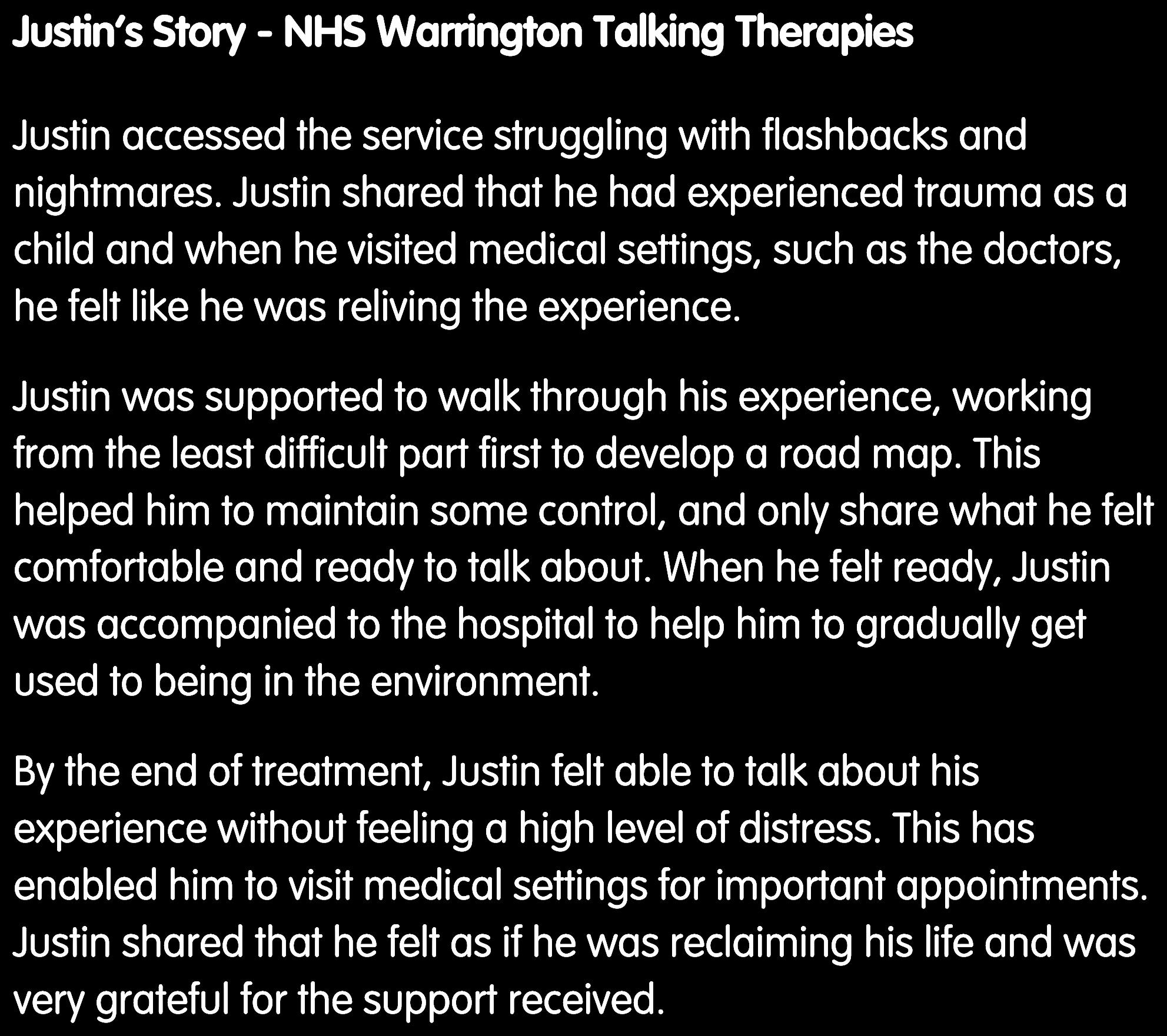

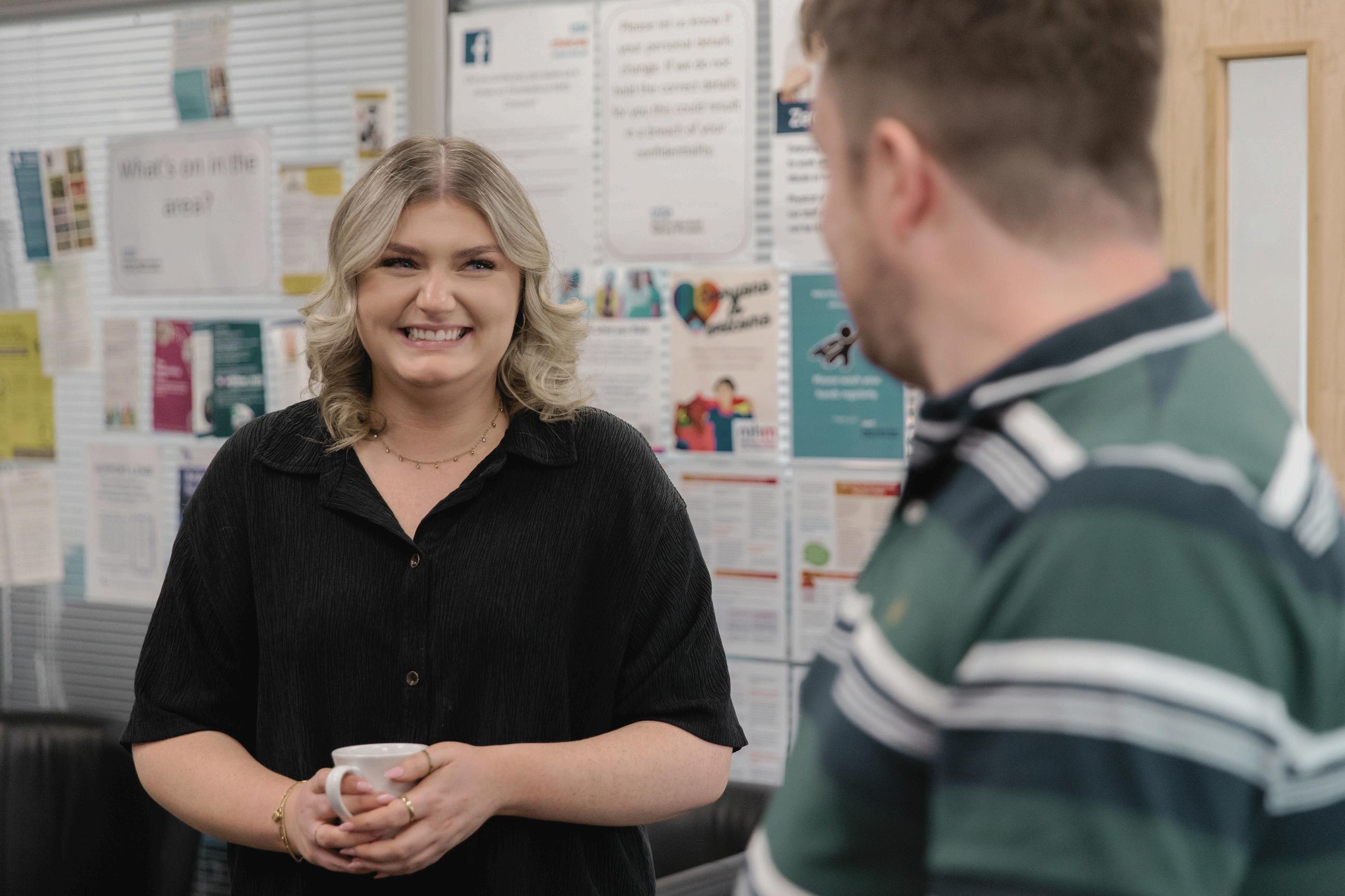
We were proud to have expanded our training offer to include psychosis, understanding and supporting people with OCD, and perinatal and infant mental health. We were also delighted to secure funding for external training on solutions-focused practice, LGBTQIA+ Inclusion, and autism and learning disabilities.
476
Hours of training delivered to over 1100 people
Over the last year, we contributed to several key policy consultations including Adult Social Care, Men’s Health, Major Conditions Strategy and Right Care Right Person. A highlight included supporting the Labour Party Mental Health Review led by Luciana Berger which could have a substantial impact on national policy.
This year, we introduced our new volunteer system designed to make the experience more engaging. Through this, we now advertise a wider variety of opportunities, including buddying roles and microvolunteering roles, giving people more options of how they can support us.
A huge thank you to all our volunteers who gave their time, effort, and skills to us over the year!

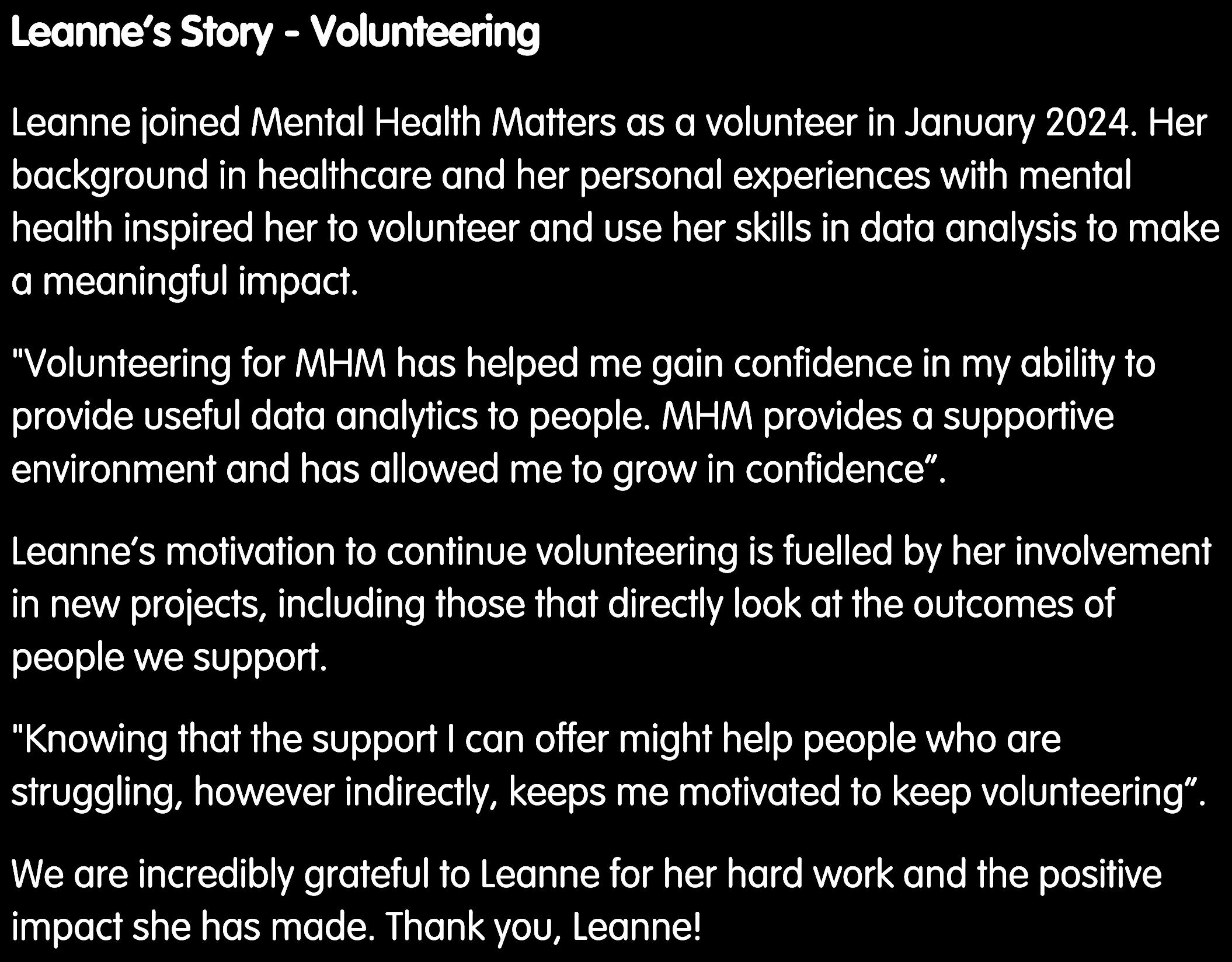
Read more
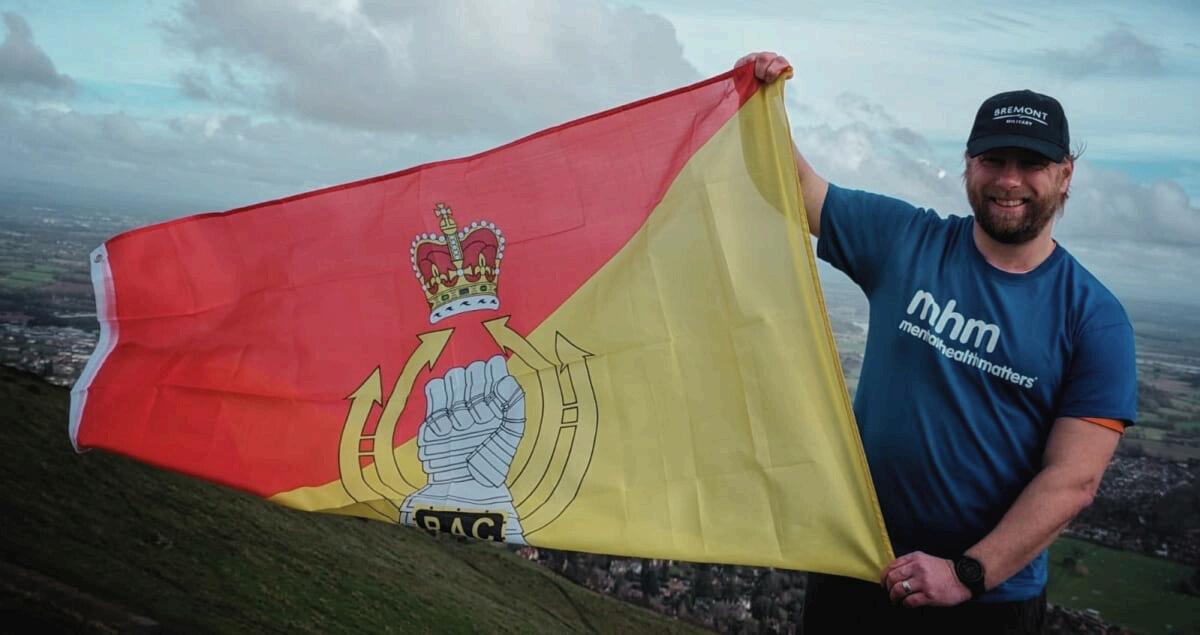
We are incredibly thankful to all the individuals, teams, and organisations that have supported us. All the funds received in the year help us to achieve our aim of supporting individuals to live their lives to the fullest.
Ash’s story - a personal fundraising challenge
“Back in October at the Mental Health Matters conference, I stood in front of the whole organisation and made a statement of intent. Not only to fundraise for a wonderful cause, but to get moving and to push myself to do something I’ve not done before. Initially, I announced that I would be attempting two ultra marathons, however, due to some injuries, this evolved to a 10k trail over the Malvern Hills and the London Marathon (My way, around Hereford!).
During my time transitioning from the military, I was fortunate enough to be involved with some wonderful organisations that supported me both physically and mentally, giving me the platform to push myself further. My initial goal was to become the best version of me, which became supporting others in similar situations and most recently raising money for charity.”
Readmore
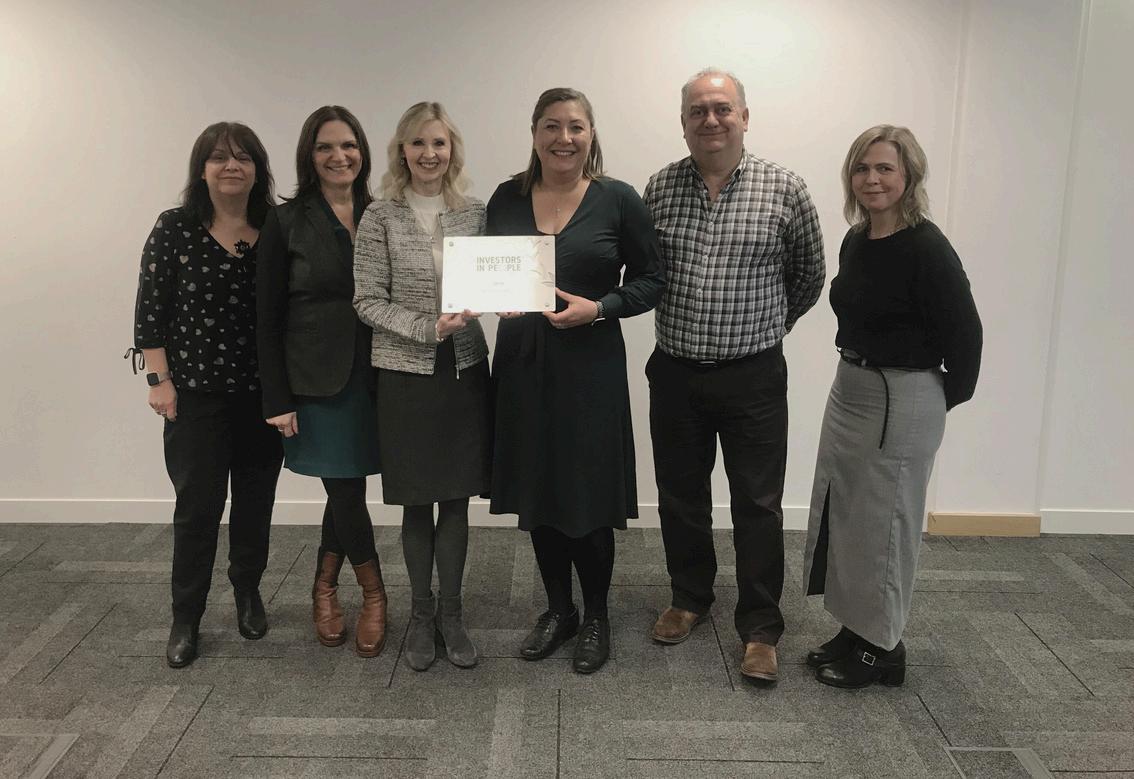
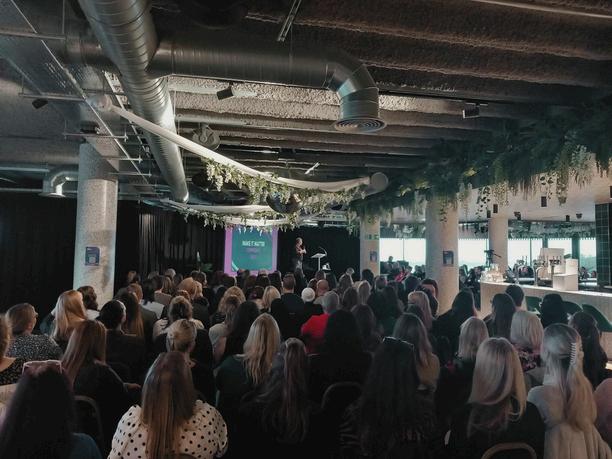
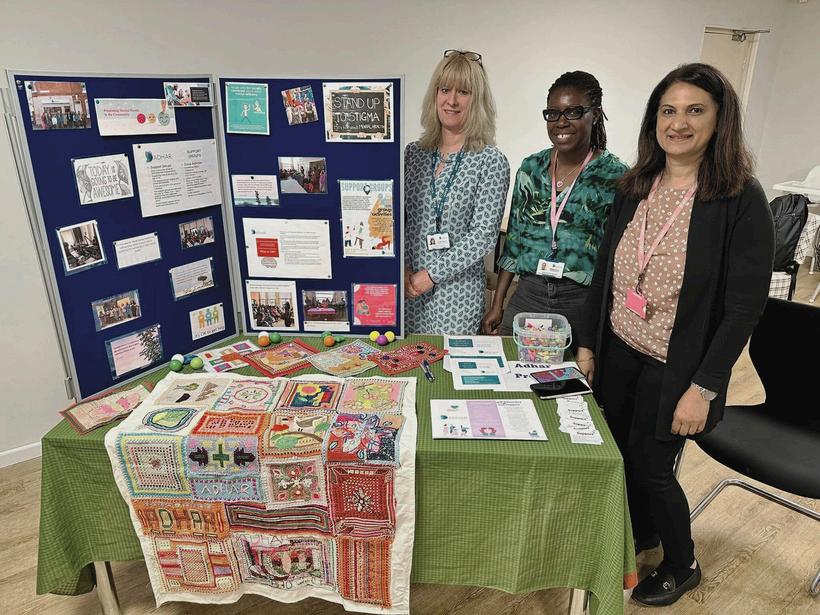
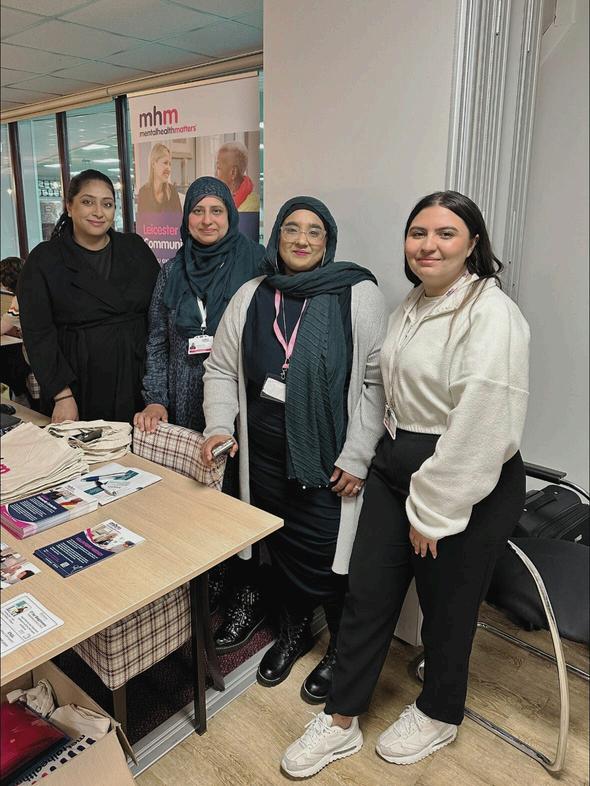
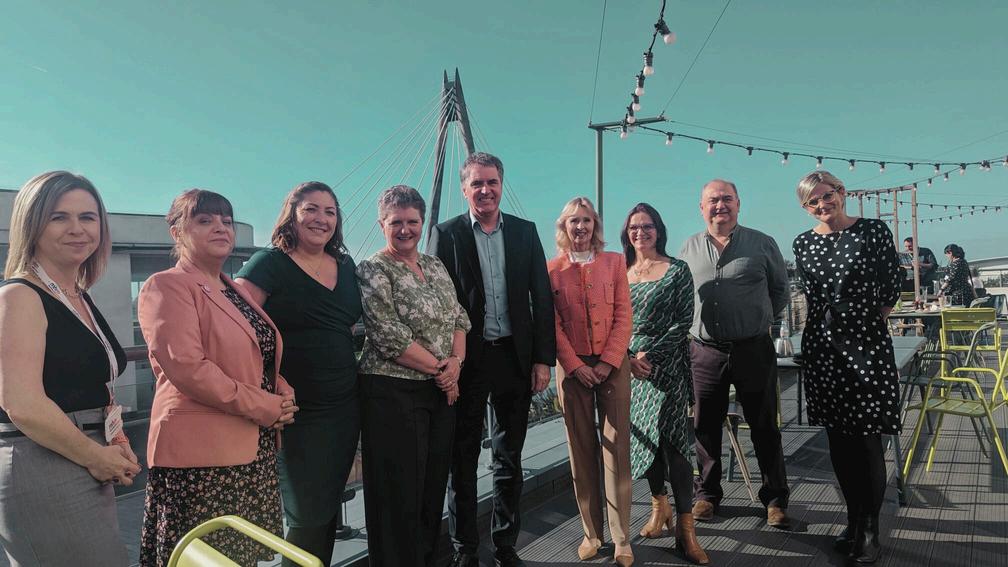
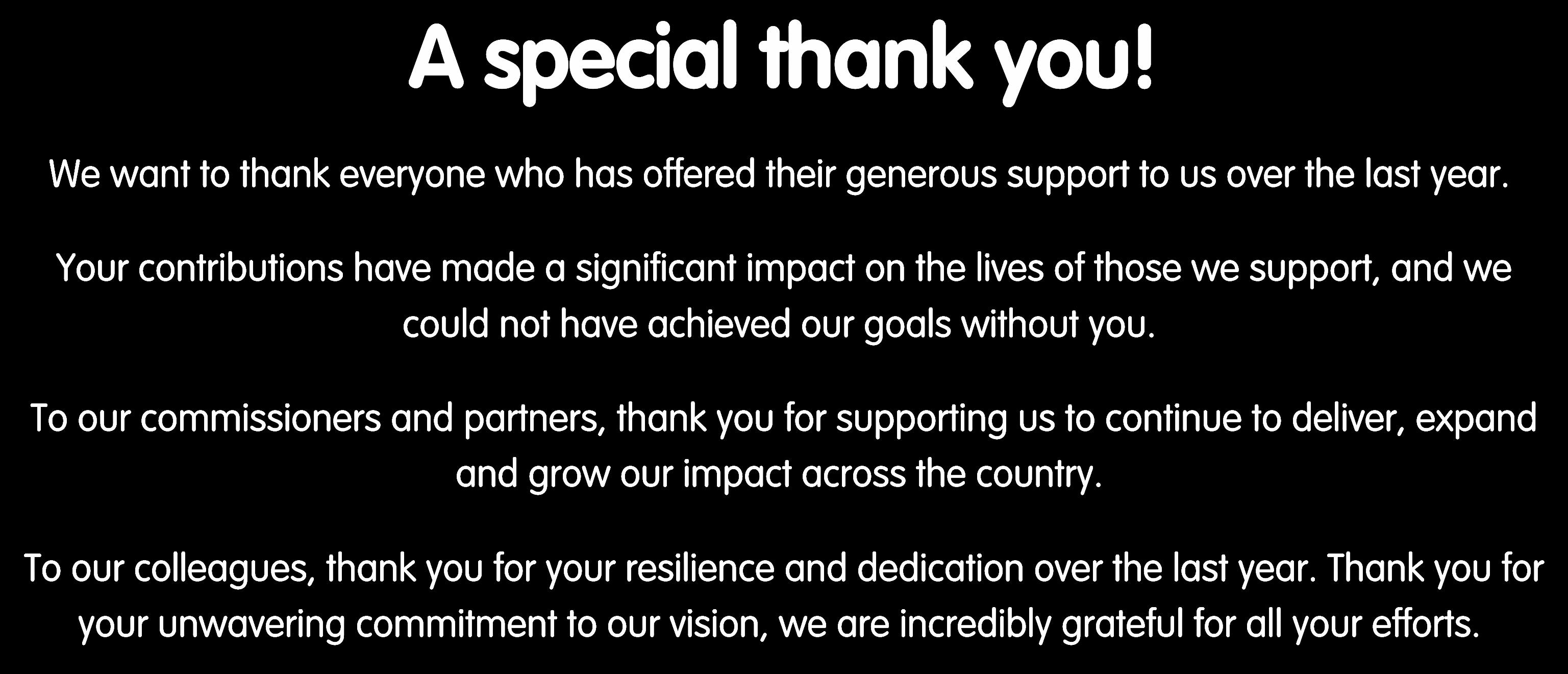
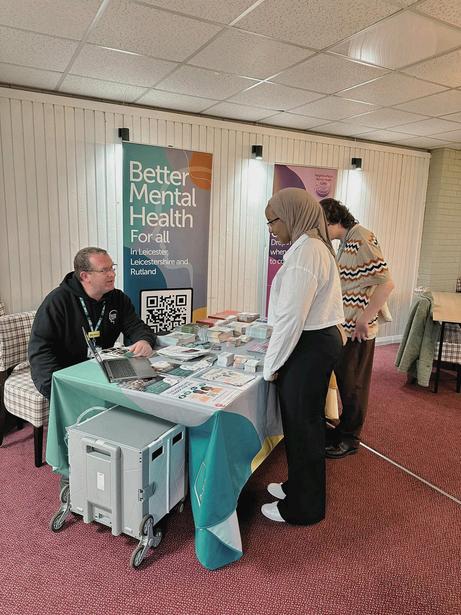
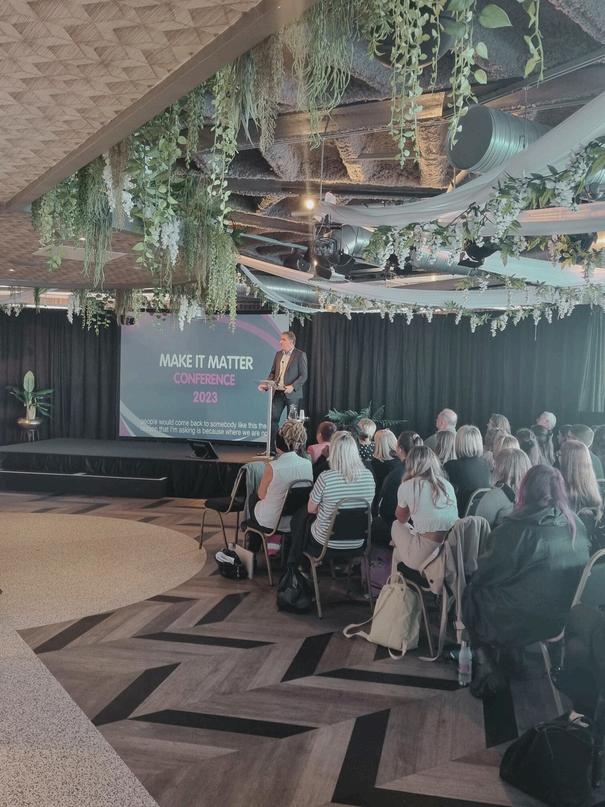
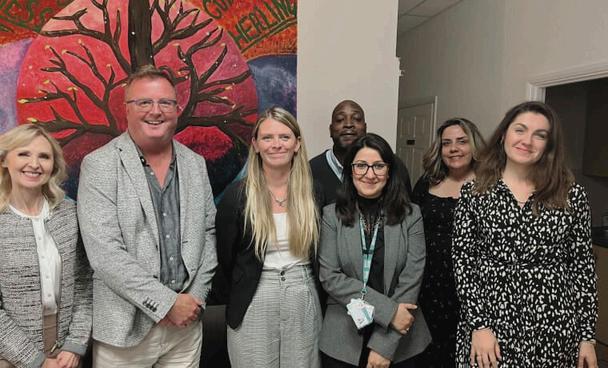

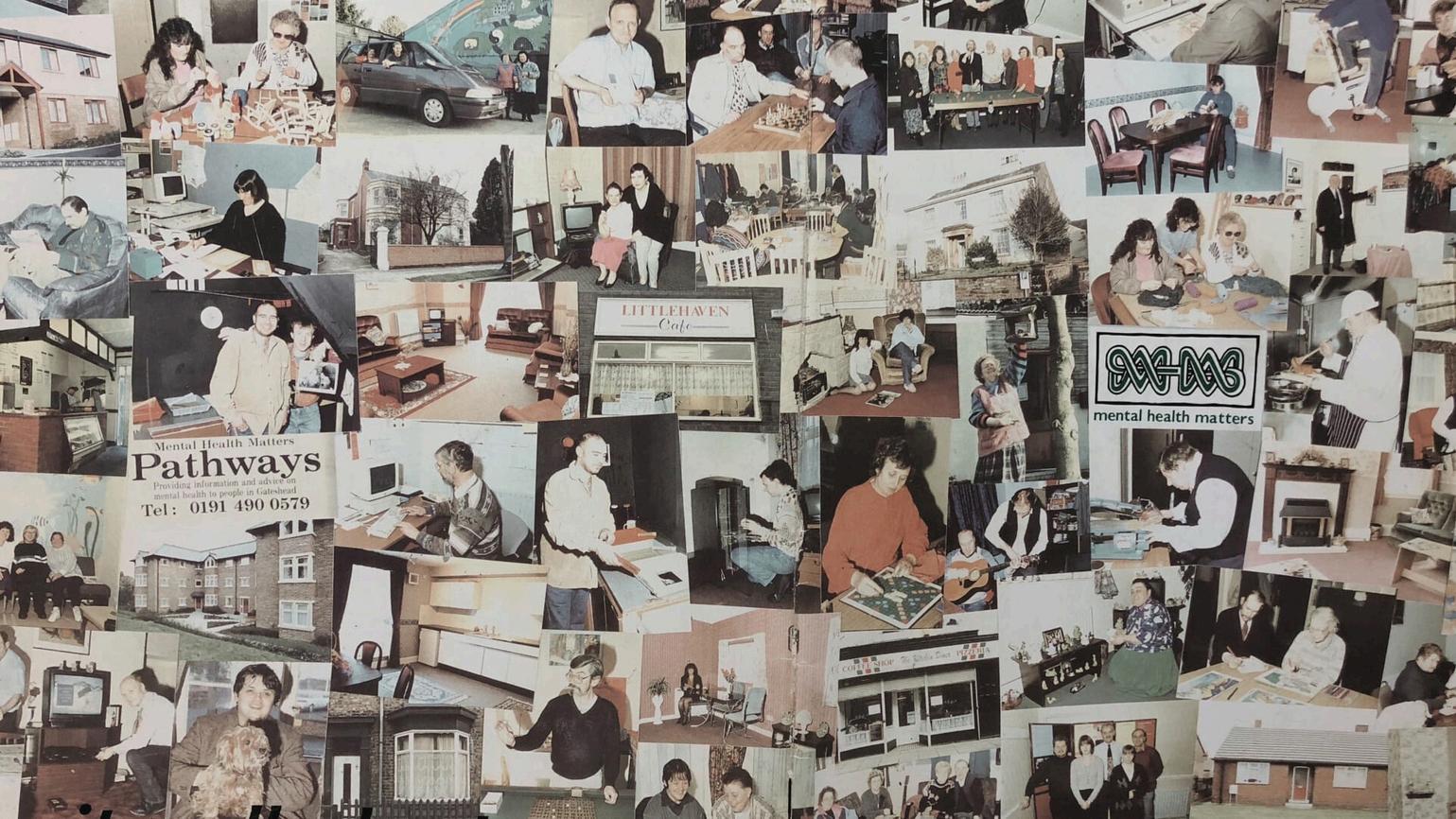
40 years in the making
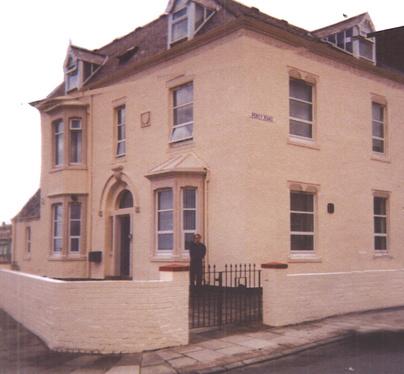
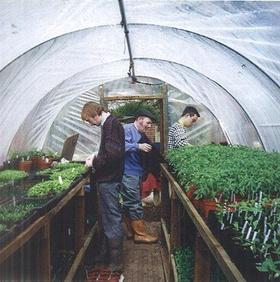
In 1984, a group of dedicated families, carers and professionals from the North East formed the Northern Schizophrenia Fellowship (NSF). The NSF provided supported housing and local support groups, with a membership of over 300 people.
By 1987, NSF ran a registered care home, day service, and a drop-in “safe space”. The NSF offices also ran over 20 self-help groups with a membership of over 600 people.
In 1989, our second registered care home opened in the West End of Newcastle (Fairfield House) in collaboration with the Newcastle Health Authority and West End Newcastle Social Services.
By 1993, The NSF had opened its first supported housing scheme, Newcastle Supported Housing, and an employment service.
In 1994, the Northern Schizophrenia Fellowship decided to change it’s name to Mental Health Matters to reflect a wider support remit and an ambition to expand beyond the North-East.
By the late 1990's, we launched our first Helpline, and opened our first service outside of the North East, Barrow Woods Forest Farm in Bristol (pictured above).
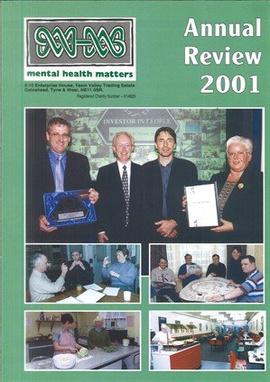
Our national expansion continued and we opened employment services in London and Birmingham.
In 2007, Following The Layard Report, the Department of Health piloted a new scheme to increase access to psychological therapies. We played a key role in a ‘demonstration site’ in Newham.
Following its success, the scheme was rolled out nationally and we opened our first non-pilot service in Liverpool and Sefton.
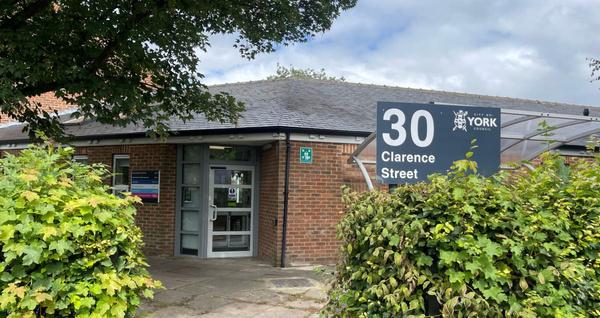
Our Talking Therapies provision continued to expand to include a further five services by 2015.
In 2016, we were very proud to secure National Helpline accreditation and a Positive Practice in Mental Health award for our evidence-based partnership work.
In 2018, we developed our first ‘Crisis Cafe’ model with experts by experience. This laid the foundation for for several community, virtual and co-located services across England.
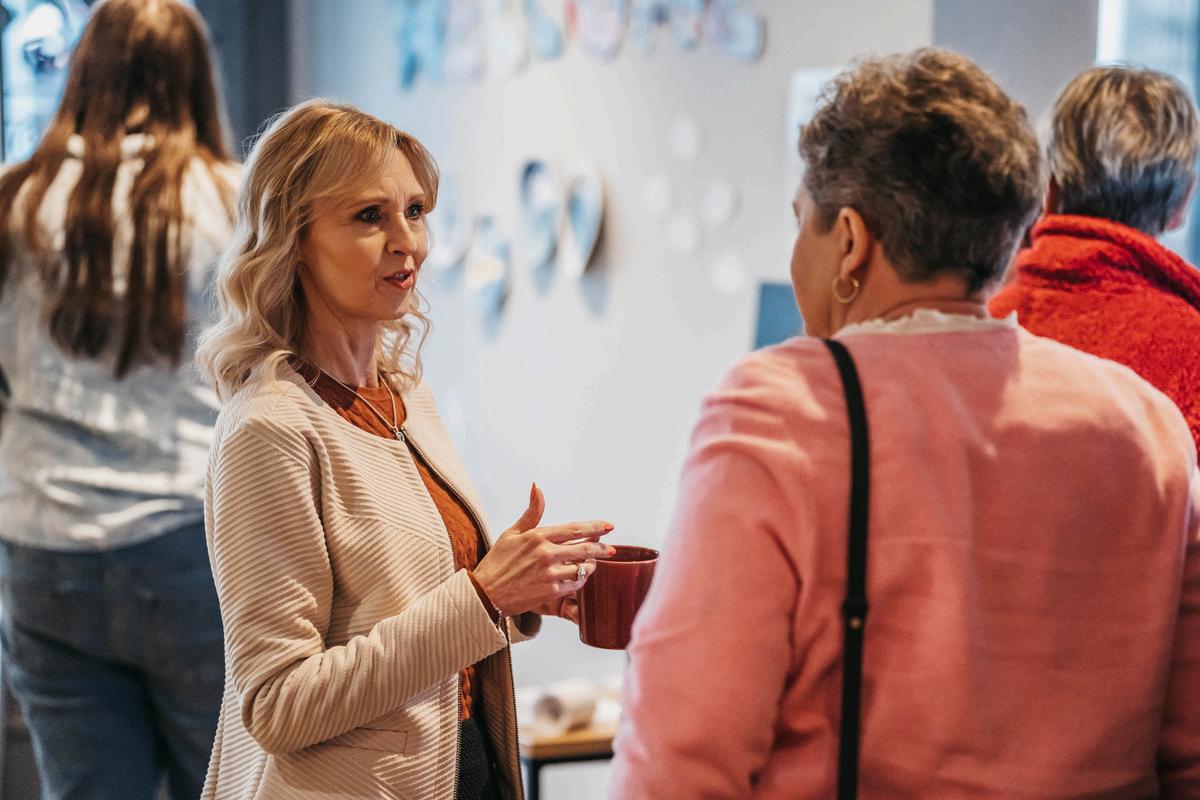
In 2020, the pandemic significantly changed the way in which we delivered support, with many of our services moving to virtual delivery almost overnight.
We underwent an extensive brand review. Feedback from partners and people accessing our services led to the development of a new purpose, vision, and values.
In 2022, we became part of Durham Alliance, our first alliance that sees national and local providers collaborate to offer support across the county.
In 2023, we were proud to launch Leicester Community Connectors, our first community model focused on tackling loneliness and isolation. 2020's
In 2024, we now support 15,000 people every month and we’re always looking for ways to expand and reach more people in need.